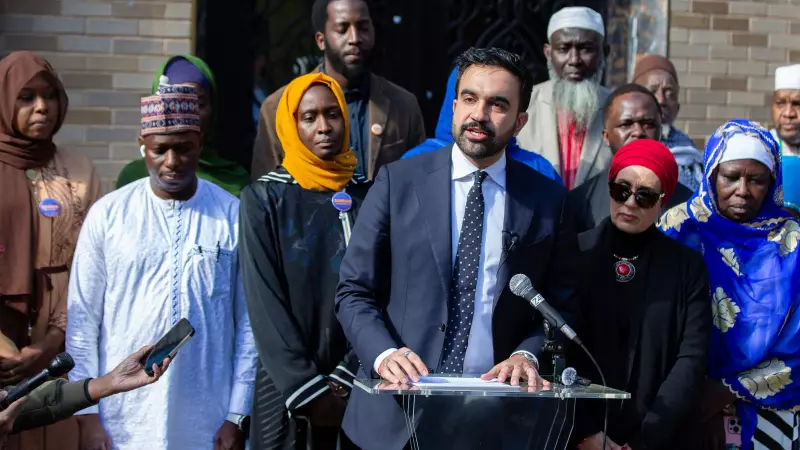
In the heated landscape of American politics, a powerful narrative has taken center stage—one fueled by fear and centered on immigration. The strategic alliance between Donald Trump and his running mate JD Vance reveals a calculated political playbook that resonates far beyond US borders.
The Fear Factor in Modern Politics
Across the Atlantic, a similar story unfolds as political figures weaponize public anxiety about migration. The formula is strikingly consistent: identify a common enemy, amplify threats to national identity, and position yourself as the only viable protector.
What makes this approach particularly effective is its emotional appeal. Rather than engaging in policy debates, these politicians tap into deeper psychological fears about cultural displacement and economic uncertainty.
The Trump-Vance Strategy Decoded
The Republican ticket has mastered the art of fear-based campaigning. Their rhetoric consistently portrays immigrants as threats to American jobs, security, and way of life. This messaging isn't accidental—it's a carefully crafted strategy that has proven remarkably successful in mobilizing their base.
JD Vance, in particular, brings a compelling personal narrative to this political equation. His journey from "Hillbilly Elegy" author to Trump's vice-presidential pick demonstrates how anti-immigration sentiment can propel political careers.
A Global Pattern Emerges
This phenomenon isn't unique to the United States. From European nationalist movements to populist surges in other democracies, the politics of fear has become a universal playbook. The common thread? Using migration as a lightning rod for broader societal anxieties.
The success of this approach raises critical questions about the future of democratic discourse. When fear dominates political conversation, what happens to nuanced policy discussions and evidence-based decision making?
The Psychological Underpinnings
Understanding why fear-based politics works requires examining human psychology. Research consistently shows that people are more motivated by potential losses than potential gains. This "loss aversion" principle explains why messages about protecting what we have often resonate more strongly than promises of future benefits.
Political strategists have become adept at exploiting this psychological tendency, crafting messages that trigger our most basic protective instincts.
Looking Ahead: The Future of Political Discourse
As elections approach in multiple democracies, the role of immigration fear-mongering will likely intensify. The challenge for voters and political observers alike is to recognize these tactics and demand more substantive debates.
The real test for democratic societies will be whether they can move beyond fear-based politics to address complex issues with the nuance and compassion they require.





